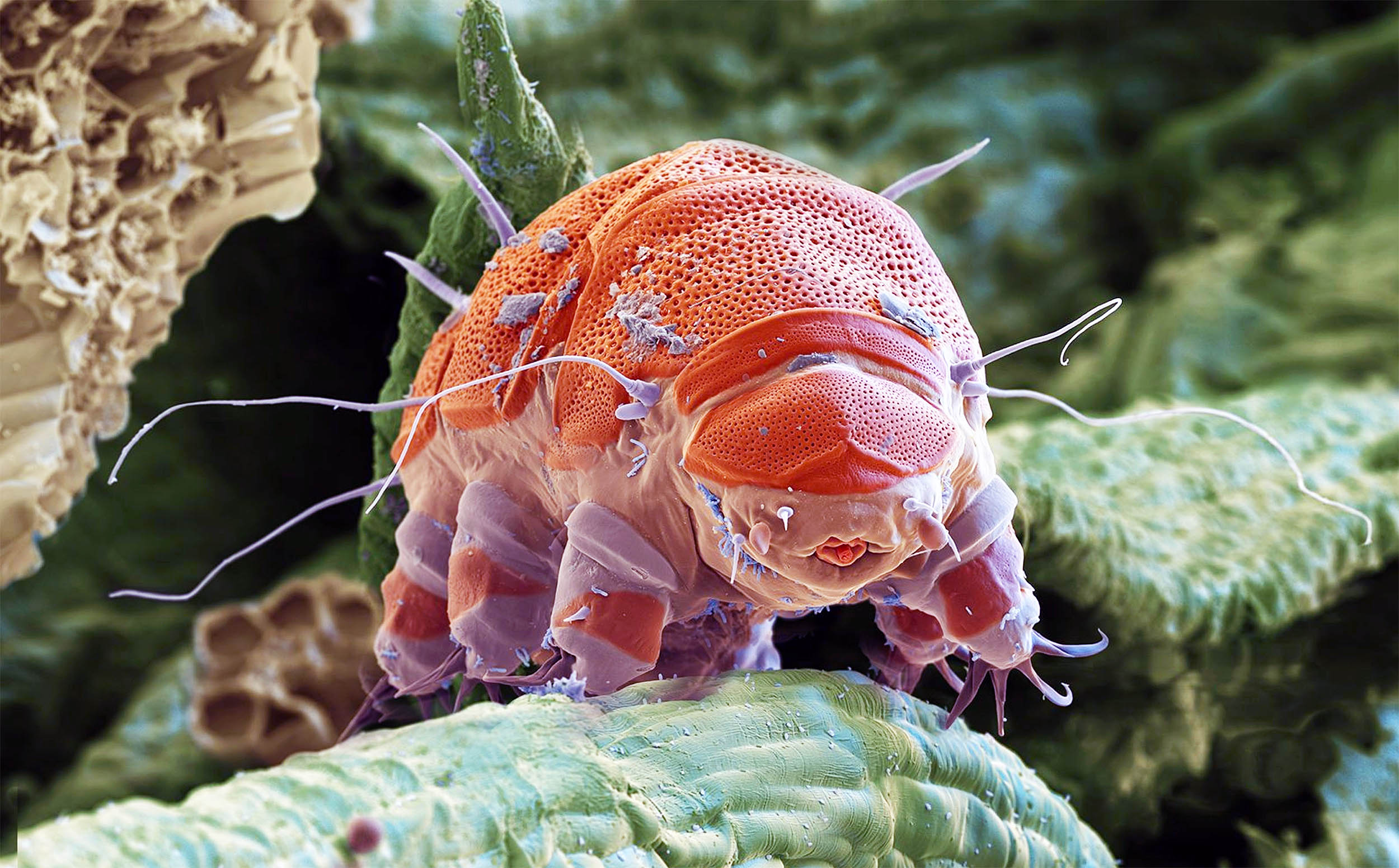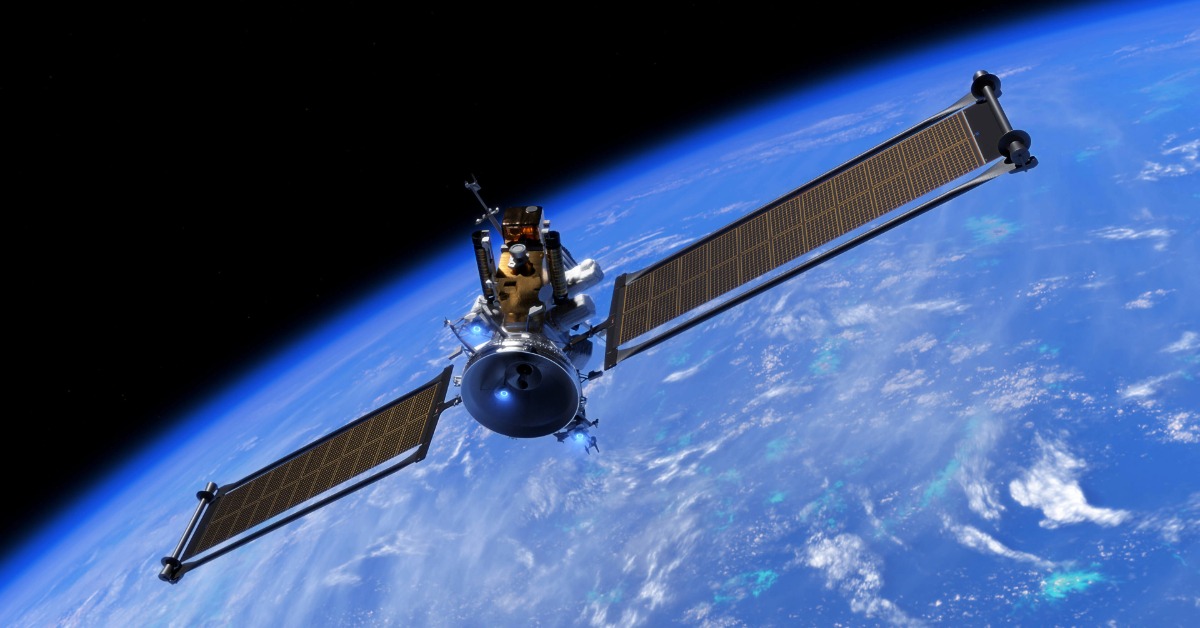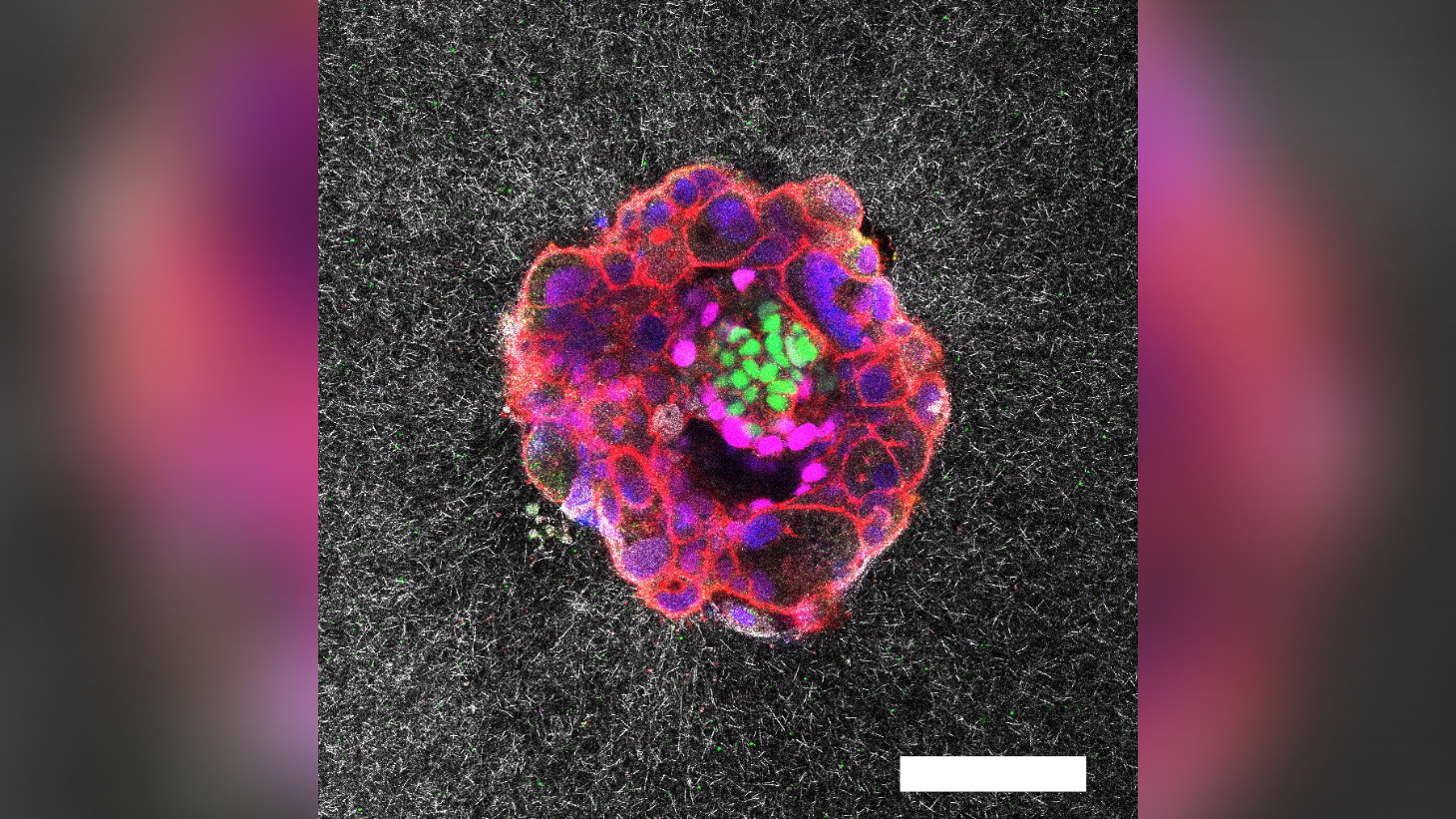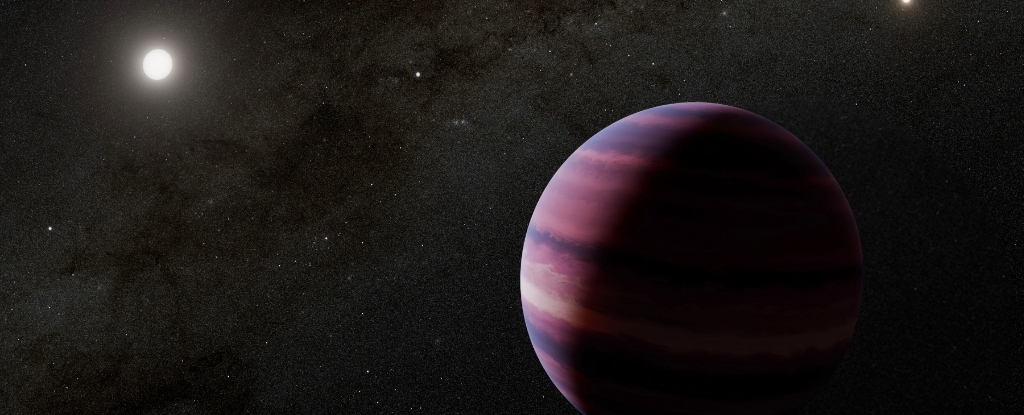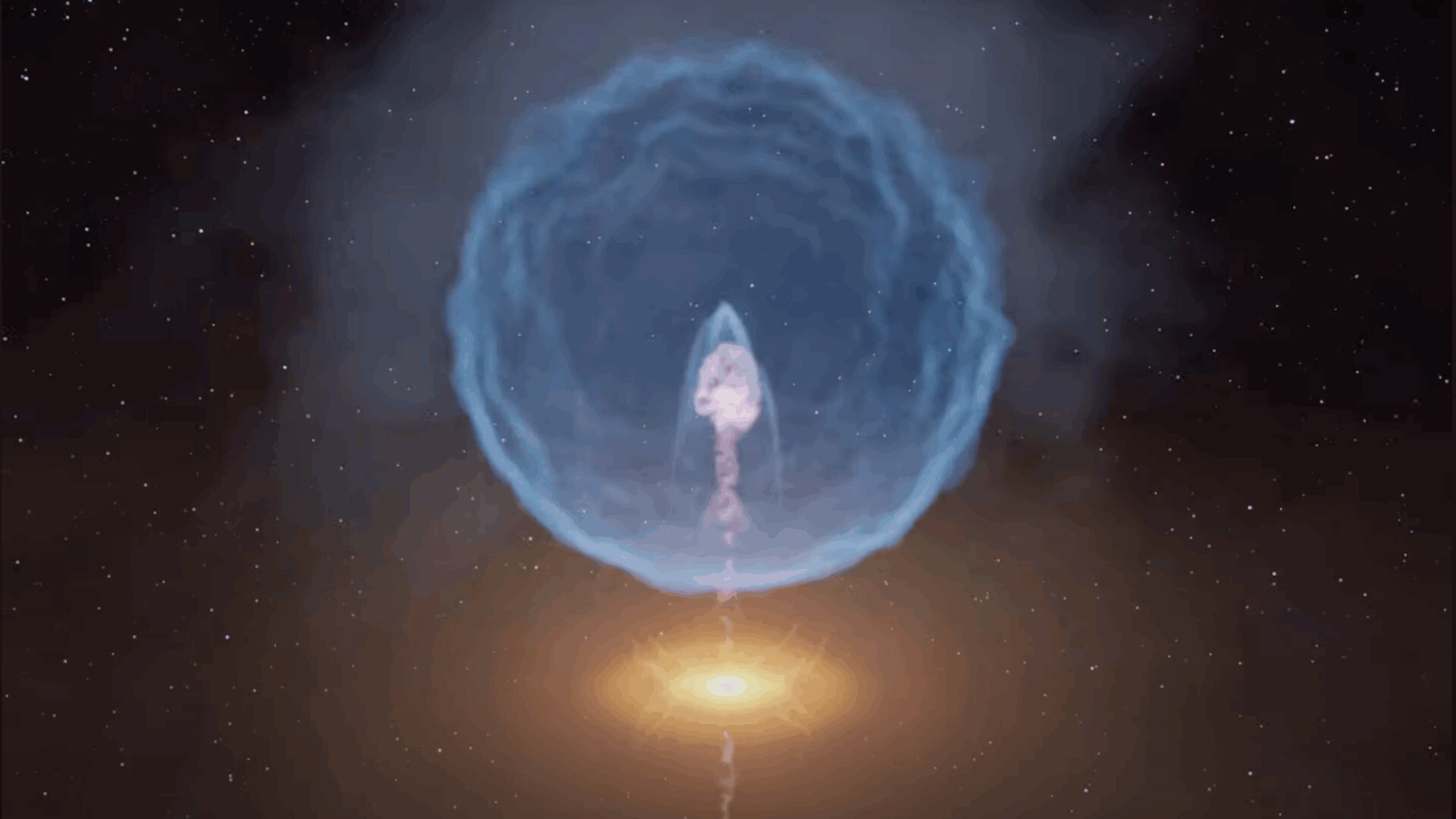If humans ever leave Earth to colonize other planets, they will need companions that are incredibly resilient and able to shrug off the lethal conditions found in outer space. Tiny animals called tardigrades, only visible under magnification, are perfect for the job. At about 0.004 inches long, a tardigrade can nap through a blast of ionizing radiation strong enough to …
Read More »Science
Don’t Miss Saturday’s Sky Show As The Moon Joins The ‘Planet Parade’
Topline The moon will this Saturday, Aug. 17, join a “planet parade” building in the morning sky. As it does so, it will brush past the Pleiades, a sparkling open cluster of stars that’s best known for dominating the winter night sky. Best seen about an hour before sunrise, bright planets Venus and Jupiter will continue to dominate in the …
Read More »NASA wants new spacecraft to fly to hard-to-reach orbits around Earth and in deep space
NASA is asking six companies to help the agency move spacecraft between difficult-to-reach orbits. The agency recently awarded a total of $1.4 million to the group, which includes companies like Blue Origin, United Launch Alliance and Rocket Lab. The goal is to eventually send various sizes and types of spacecraft to a variety of destinations in the final frontier, using …
Read More »Just a moment…
Just a moment… Enable JavaScript and cookies to continue This request seems a bit unusual, so we need to confirm that you’re human. Please press and hold the button until it turns completely green. Thank you for your cooperation! Press and Hold Press and hold the button If you believe this is an error, please contact our support team. 209.74.74.26 …
Read More »Astronomers Detect Oxygen in a Galaxy from the Dawn of Time
A groundbreaking discovery has reshaped our perception of how fast galaxies evolved in the early universe. Astronomers have detected oxygen in the light from the galaxy JADES-GS-z14-0, the most distant known galaxy to date. This observation, published in Astronomy & Astrophysics, reveals that complex chemical enrichment was already underway just 300 million years after the Big Bang. The galaxy’s light …
Read More »Incredible, first-of-its-kind video shows human embryo implanting in real time
For the first time, scientists have captured a real-time view of a human embryo implanting in a laboratory model of a uterus. Being able to witness the complex implantation process may be helpful for advancing fertility procedures, such as in vitro fertilization (IVF), the researchers say. “We have observed that human embryos burrow into the uterus, exerting considerable force during …
Read More »Scientists Crack Open an 815-Million-Year-Old Rock — And Made an Incredible Discovery
Scientists have successfully extracted and analyzed ancient air trapped inside a rock for over 815 million years, providing a direct glimpse into Earth’s distant atmospheric past. This groundbreaking study, led by geochemist Dr. Nigel Blamey and an international research team, developed a method to measure gases sealed inside microscopic bubbles within halite — a mineral form of rock salt. The …
Read More »Our Closest Sun-Like Star May Host a World Where Life Could Thrive : ScienceAlert
There may be a habitable world at the Sun’s closest solar twin. In the complex space inhabited by the Alpha Centauri triple star system, JWST has just discerned the presence of a giant exoplanet orbiting Alpha Centauri A, the most Sun-like of the three stars. Moreover, that exoplanet is in the star’s habitable zone – the perfect distance from the …
Read More »Just a moment…
Just a moment… Enable JavaScript and cookies to continue This request seems a bit unusual, so we need to confirm that you’re human. Please press and hold the button until it turns completely green. Thank you for your cooperation! Press and Hold Press and hold the button If you believe this is an error, please contact our support team. 209.74.74.26 …
Read More »This baby star’s big explosion fired back: ‘Nature is far more complex than humans think’
A team of Japanese astronomers have spotted an explosion in deep space that is not only influencing the very star that triggered it, but also distorting the planet-forming disk surrounding it. The discovery suggests that if such explosive events are commonplace in young star systems, newborn stars and any planets that form around them may exist in environments far more …
Read More »